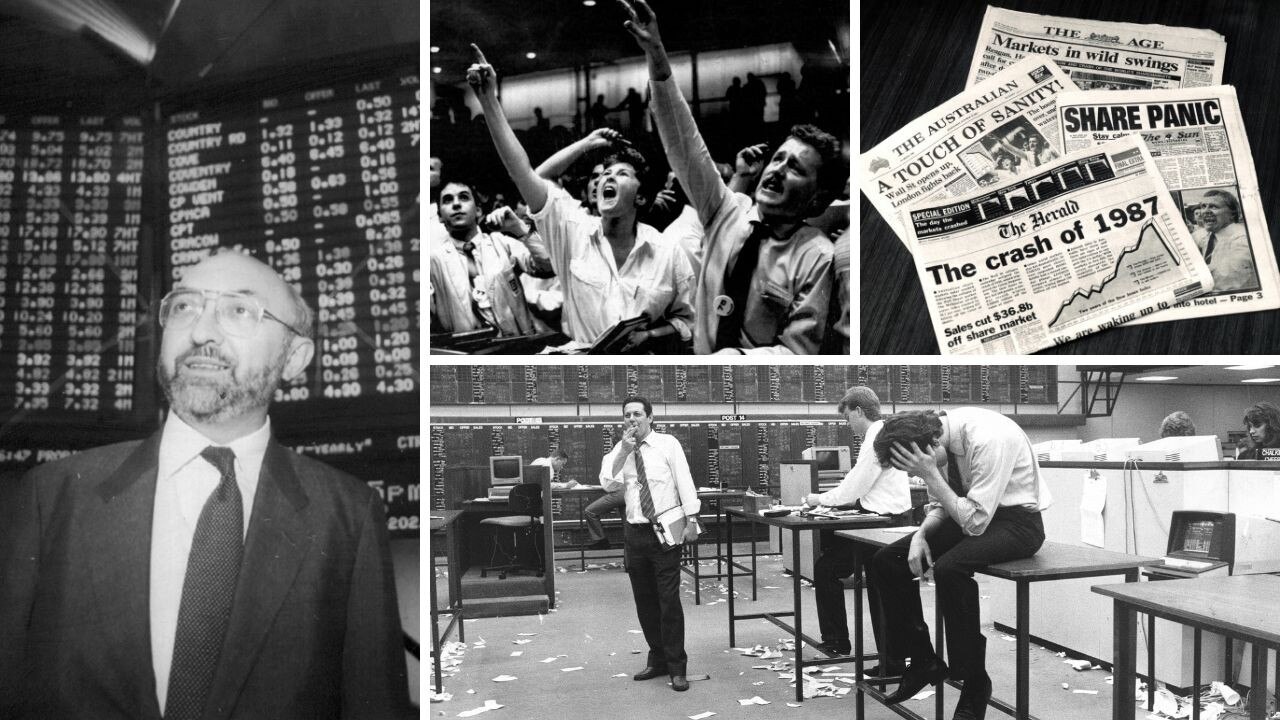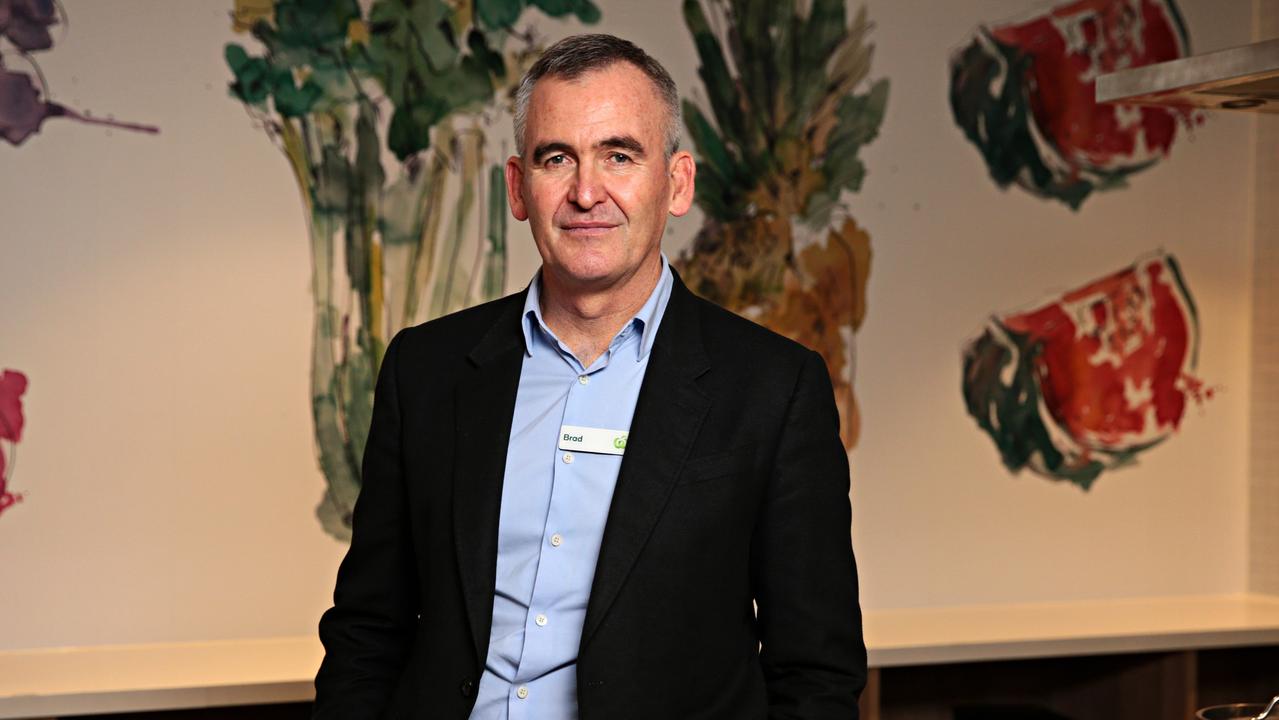Kerry Stokes’s Seven Group wins control of Boral and its $3.6bn of excess capital
Kerry Stokes’ Seven Group has bought the right to control Boral’s decisions – including what the building products group does with $3.6bn in excess capital.

Terry McCrann
Don't miss out on the headlines from Terry McCrann. Followed categories will be added to My News.
It’s all over bar the shouting – and the counting.
Kerry Stokes’ Seven Group has won control of the $9bn Boral building products group. The only remaining uncertainty is exactly how much control.
Seven’s up to 29.5 per cent. It now has to take all shares offered for the next two weeks. It’s paying $7.30; if it moves above 34.5 per cent – which now seems all-but certain – it will have to pay $7.40 to all who’ve accepted its offer.
Seven has achieved its core target, of accelerating its purchases of Boral shares from the ‘creeping’ 6 per cent allowed to it every year.
It’s done at least that in one hit; indeed it’s likely to do at least “two years worth of creeping” once all the acceptances are in and counted.
It also didn’t have to compete head-to-head in the market every day against Boral buying its own shares, if it had stuck to the slow “creep”.

Yes, Seven’s had to pay more and could on the surface end up with more of Boral than it said it wanted (around 35 per cent).
But I doubt that Kerry or son Ryan, Seven’s CEO, would be the slightest fussed – even if they end up with significantly more than 35 per cent, all the way up to, indeed, 100 per cent.
They won’t of course get that high or anywhere remotely near it – absent a 1987-style market meltdown, sweeping in overnight from the Pacific like a financial tsunami.
So, whether it’s 35, 40, or the 50.1 percent that would make Boral a partly-owned and so consolidated Seven subsidiary, will be neither here nor there in functional future Seven Group operating terms.
They will be more than happy to buy as many Boral shares as they can at $7.40 which Seven’s independent expert has valued at between $8.25 and $9.13 each.
Every which way they are acquiring both the individual shares and control of the $9bn enterprise cheaply. And they will have control.
Rather plaintively, the Boral board restated its determination to maintain the “governance protocols” that were in the best interests of “all” shareholders.
They were, principally, a majority of independent directors on the board and with one of those independents the chairman.
All I can say is good luck with that if Seven ends up with 40 percent; and good luck and divine intervention if it gets above 50 percent.
To put it bluntly the “governance protocols” of Boral are now – as of July 1 - entirely in the gift of Kerry and Ryan; but which is not to say, they won’t listen to their fellow Boral directors.
This goes most specifically and directly to the $3.6bn of excess capital – that’s $3.02 per Boral share -sitting like a big indigestible lump of concrete in the Boral boardroom, thanks to the sale of the North American business.
That “concrete” reference might seem like a strange thing for me to say, but it’s simple a matter of the reality of the world we now live in thanks to big-spending governments and money-printing central banks.
In this world, cash is certainly not king. The last thing you want to be is under-geared; and boy is Boral now under-geared with a capital-U and a capital-G.
Not unless that is, you have a plan to spend, say, $6bn on a major acquisition or business expansion; which the current board of Boral most certainly does not have.
The sale was entirely opportunistic – someone came knocking on the boardroom door; it was not done by Boral, to provide core funding for some big strategic play.
Seven is going to end up with an investment of between $3bn and $5bn in Boral. It has bought the right to control Boral’s decisions – including what it does with the $3.6bn.
Originally published as Kerry Stokes’s Seven Group wins control of Boral and its $3.6bn of excess capital





